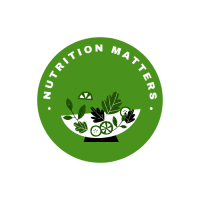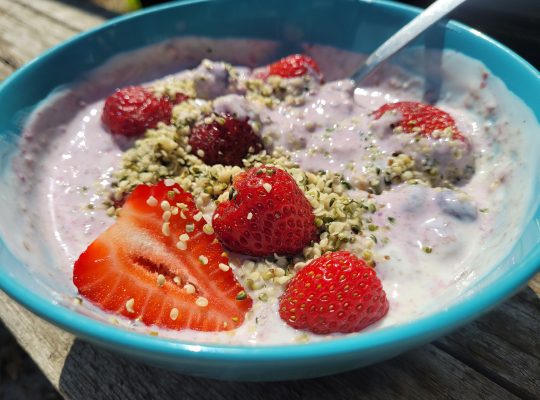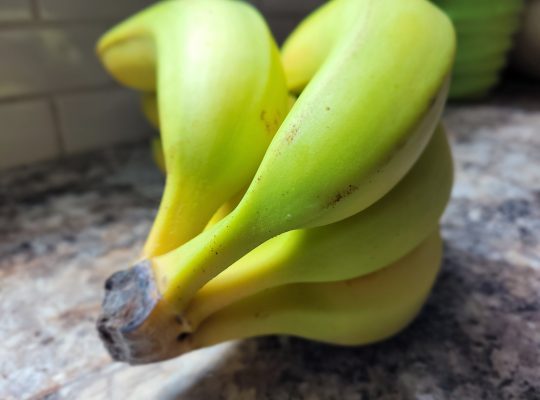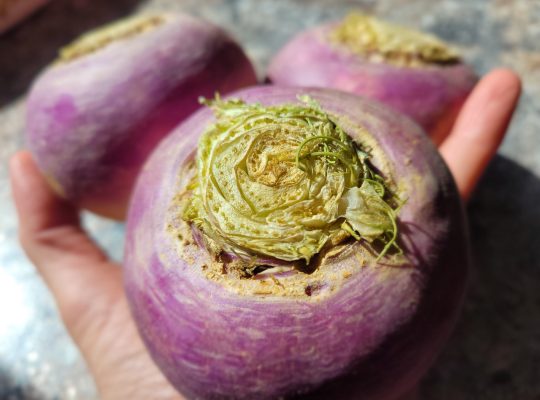Before I get started, a disclaimer: this is but a starter for the big conversation on nutrients and we will unpack many in future blog posts.
A hot button and a perpetual question for many
Should we rely on supplements to ensure best levels of health or not?
Short answer: it depends.
For example, our bodies are less able to absorb certain nutrients as we get older (vitamin B12, for example, which may be due to lower stomach acid levels). People who have chronic conditions such as irritable bowel syndrome or are taking certain medications (metformin or proton pump inhibitors) may also suffer from vitamin B12 deficiency.
Other conditions, whether aging-related or not, may require supplementation, and the dosage would depend on weight and level of activity, among others.
People who eat a vegan diet may be deficient in iron, zinc and iodine, but omnivores who don’t eat a variety of whole foods may also have lower levels of the same.
Then there’s vitamin D, which many of us are deficient in, especially if we live in a less sunny location, or spend too much time inside.
Have I mentioned it’s a bit complicated? It is.
Supplements are a hot item
The supplement industry is by no means a feeble one. By the end of last year, sales reached over 4.4 billion dollars in 2021 and given the intense marketing campaigns, plus our desire to feel and look our best, and of course, our fear of aging, there is a high chance the numbers will climb higher yet.
They are not all hype, as we have established. Some we need, and some will simply make our lives better and others we can do without.
Before you go on spending your hard-earned dollars on everything under the sun because they might benefit you, here’s my way of addressing this matter for myself and my family.
- Multivitamins: Instead of just popping a pill, aim for a balanced diet based on whole, real food which will hopefully supply all the nutrients your body needs. Start with including some of the following:
- Fresh veggies and fruit (minerals, vitamins, and fibre)
- Leafy greens (source of calcium* and also fibre for your gut microbiome with lots of other minerals).
- Beans and lentils (great sources of fibre and iron**, aming many others), or tofu, or your choice of animal-based protein.
- Healthy fats (nuts, seeds, avocadoes, olive oil in small amounts).
- Complex carbohydrates (soluble fibre) and resistant starches.
*Calcium supplementation, while beneficial in some cases and for certain conditions, can also increase the risk of other diseases, hence the preference for whole foods sources and supplementation only after testing calcium levels.
** Iron deficiency can also be present in people over 50, but ideally, supplements should be taken only after testing blood levels and assessing whether anemia is present. Please consult with your doctor for best options.
Some essentials (because life is not perfect)
- Vitamin B12: It’s safe to assume that if you are mostly plant-based or over 50, you’ll need to include fortified foods in your diet (plant-based milk or yogurt) or take a vitamin B12 supplement. You can take a dose of up to 250mcg daily or 2000 to 2500mcg, weekly.
- Vitamin D: Getting at least 20 minutes of sunlight every day (either early morning or later afternoon when there is no risk of sunburn) is a good way to acquire this essential vitamin. However, that might not be enough for most people. You can also consume fortified foods (dairy products and plant-based milk and other products) but it is recommended that most adults take a daily dose of 1000IU of vitamin D3 (cholecalciferol), or weekly (7,000IU) to ensure optimum levels.
- Omega-3 fatty acids: Most people may not have adequate doses just from diet alone, so they may opt to supplement. Fish oil* (high quality oils that are free of heavy metals and other pollutants) used to be the only option available, but nowadays you can opt for flax oil or an algae-based supplement (vegan). *I am, however, reluctant to recommend fish oil wholeheartedly due to the state of depletion caused by overfishing, which is a big concern, and secondly, but just as important, due to the presence of microplastics in marine wildlife.
- Probiotics. Eat fermented veggies or other foods daily or a few times per week, and make sure to cultivate your good bugs with lots of soluble fibre, resistant starch, and polyphenols. It’s the best way to maintain a healthy microbiome.
If you need some occasional help, by all means, head over to your local food store and ask about good quality probiotics (you’ll find them in the refrigerated section).
Extra help when you need it, but whole foods come first
Our bodies let us know if things are out of balance. Granted, most of the time it’s not exactly a clear signal which is of course where the trouble lies.
If your diet is deficient for one reason or another, you may benefit from a good quality multivitamin supplement temporarily, but please do not use it as an excuse to not improve your diet.
I strongly believe that when we provide our bodies with real food, we are supplying all the nutrients they need in the most ideal packages. When reaching for a supplement, some people may be tempted to take more than the recommended dose ‘just to make sure’. But that’s not how it works.
Unless we are severely deficient in one nutrient or another, a small amount will do, and that’s how they are present in whole foods. Also, another important thing to consider is the synergy with other compounds present in a certain food, or the possibility of increasing absorption with cooking.
When I said that the supplementation issue is not straightforward, I was not joking. It’s a labyrinth of information and options and we have barely scratched the surface (if that).
More to come in future blog posts as this is, needless to say, an extensive topic.







